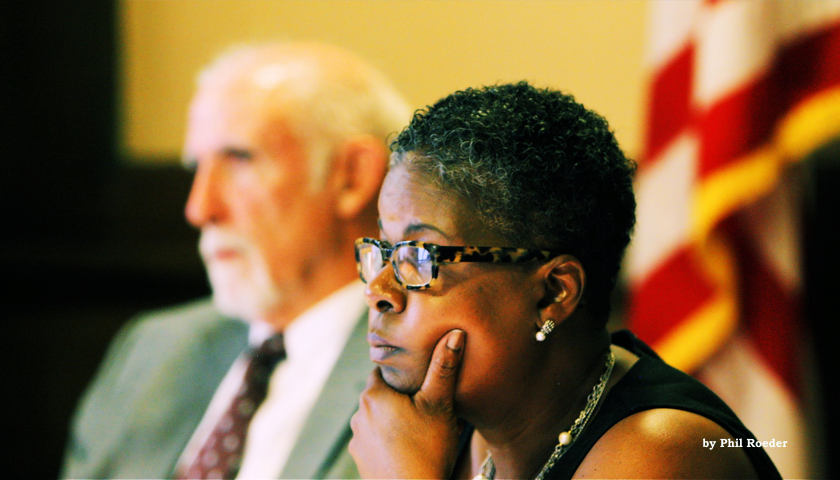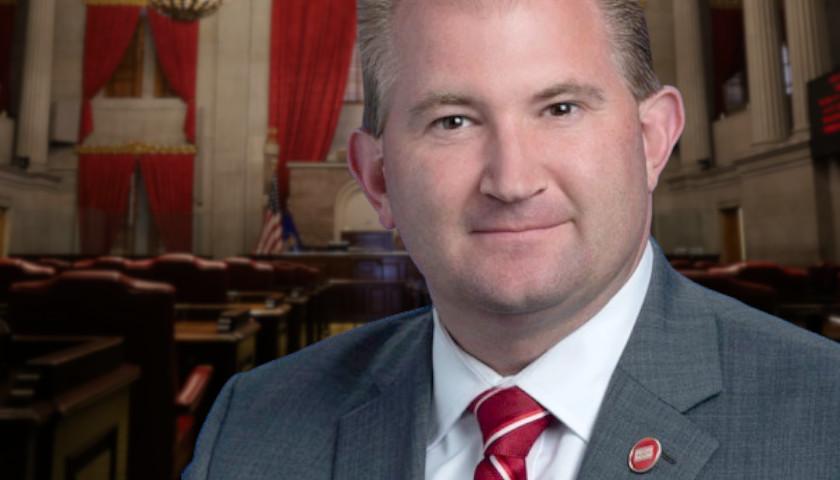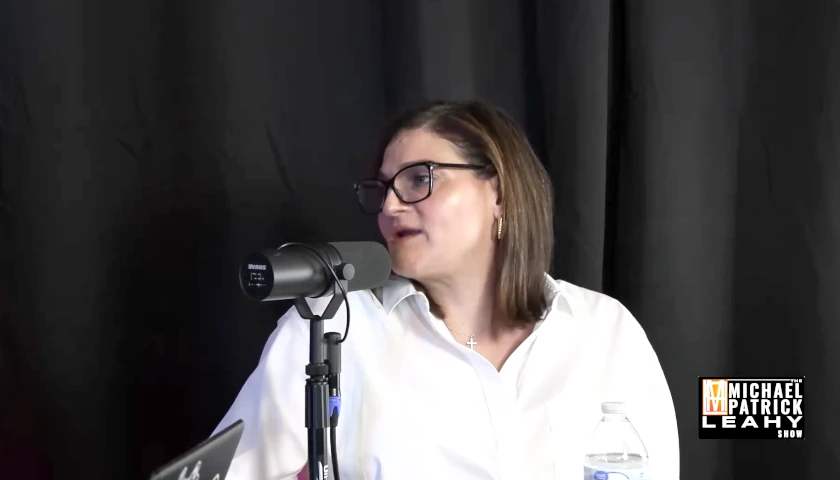In October, across the state, educators have an opportunity to decide if they wish to engage in a process called “Collaborative Conferencing.” In other industries they may refer to it as an “Interest-Based Collaborative Problem Solving,” which is an increasingly popular method of multiparty consensus-building. In education that concept may not work, if one side chooses not to engage in consensus building and the other side decides to file unnecessary lawsuits. Professional Educators of Tennessee fervently supports the right of educators to discuss working conditions and salary with their employers.
In 2011, the Tennessee General Assembly passed the Professional Educators Collaborative Conferencing Act (Public Chapter 378). So, it is not surprising that we are frequently asked about our position on Collaborative Conferencing. Currently Collaborative Conferencing, also known as PECCA, only occurs in about 12 districts around the state. Only certain subjects can be discussed. And some subjects are completely prohibited.
Subjects that can be discussed include: Salaries or wages; Grievance procedures; Insurance; Fringe benefits (not to include pensions or retirement programs of the Tennessee consolidated retirement system or locally authorized early retirement incentives); Working conditions, except those working conditions that are prescribed by federal law, state law, private act, municipal charter or rules and regulations of the State Board of Education, the Department of Education or any other department or agency of state or local government; Leave; and, Payroll deductions (except with respect to those funds going to political activities).
Subjects that are prohibited include: Differentiated pay plans and other incentive compensation programs, including stipends, and associated benefits that are based on professional employee performance that exceeds expectations, or that aid in hiring and retaining highly qualified teachers for hard-to-staff schools and subject areas; Expenditure of grants or awards from federal, state or local governments and foundations or other private organizations that are expressly designed for specific purposes; Evaluation of professional employees pursuant to federal or state law or State Board of Education policy; Staffing decisions and State Board of Education or local board of education policies relating to innovative educational programs under § 49-1-207; innovative high school programs under Title 49, chapter 15; virtual education programs under Title 49, chapter 16; and other programs for innovative schools or school districts that may be enacted by the general assembly; All personnel decisions concerning assignment of professional employees, including, but not limited to, filling of vacancies, assignments to specific schools, positions, professional duties, transfers within the system, layoffs, reductions in force, and recall. No agreement shall include provisions that require personnel decisions to be determined on the basis of tenure, seniority or length of service; and, Payroll deductions for political activities.
In a modern world, it doesn’t seem that placing limits or prohibitions helps local districts, educators, students or stakeholders on emerging topics. However, we have been disappointed by PECCA, and think that we may want to discuss items outside the scope of Collaborative Conferencing, such as differentiated pay plans, expenditure of grants or awards, evaluation and staffing decisions or other issues like school safety, curriculum/materials and/or other rapidly emerging issues. Although we can probably agree that banning payroll deductions for political activities is probably a good thing for public education.
Just as we do, many teachers see the flaw in the system: you can discuss salary but you cannot discuss, differentiated pay plans and other incentive compensation programs, including stipends, and associated benefits that are based on professional employee performance that exceeds expectations, or that aid in hiring and retaining highly qualified teachers for hard-to-staff schools and subject areas. Then why do we even discuss salary at all? That decision is already set in a formula and largely determined with small room for debate or discussion. It is probably why so few districts and educators choose to engage in Collaborative Conferencing.
Currently any school board in the state has the authority to address any terms and conditions through board policy. In other words, while the board is required to participate in conferencing if the professional employees vote to participate, nothing in the PECCA requires the board to agree on terms or conditions or enter into a memorandum of understanding if agreement has not been reached. Which is why we must keep lines of communication open.
Are there other options? We believe so and toward that end, Professional Educators of Tennessee has begun to establish Education Leaders Councils in some districts to accomplish more for teachers. It will help us cultivate true consensus building and address more critical issues.
We know that some of our members oppose Collaborative Conferencing, which leads to less than optimal turnout in some districts. In fact, in many districts those voting for Collaborative Conferencing is barely over 50% and still excludes people from the process. That is simply not fair.
We hope we can work to address critical issues for educators and our members through our Education Leaders Council. This may require future legislation, but any district can choose to meet with their employees at any time. Our desire and intent are simple: if you vote for Collaborative Conferencing or if you vote against Collaborative Conferencing, always choose Professional Educators of Tennessee as your representative, and we will work with our local leaders to promote the interest of educators in the local district, not an agenda pushed by a national organization. We must work together, and it is clear that Collaborative Conferencing limits educators.
– – –
JC Bowman is the Executive Director of Professional Educators of Tennessee, a non-partisan teacher association headquartered in Nashville, Tennessee. Permission to reprint in whole or in part is hereby granted, provided that the author and the association are properly cited. For more information on this subject or any education issue please contact Professional Educators of Tennessee.






[…] improved dialogue and mutual respect thus benefitting all of our students. There is still work left to do to accomplish this challenging […]